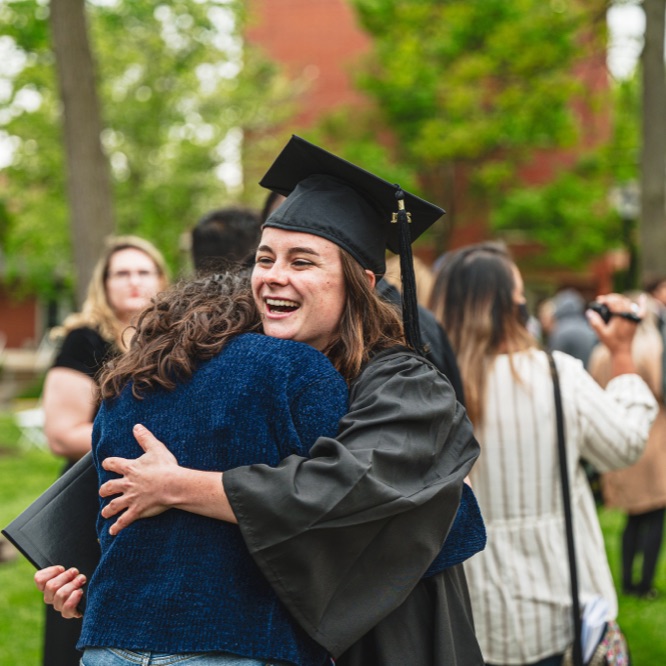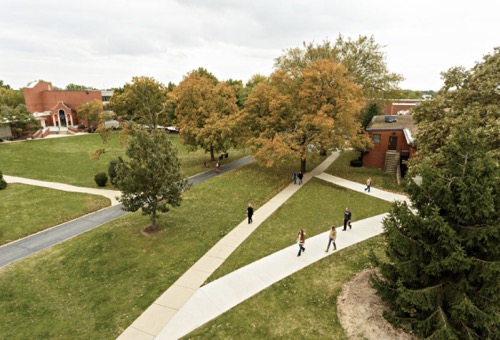Exercise Science at Greenville University
This program helps you build a strong foundation in health and fitness knowledge by combining courses from the basic sciences with courses from the exercise sciences, along with internship experience. Develop marketable skills that are critical in the growing fields of health, fitness, medicine, athletic training, and physical and occupational rehabilitation.

Why GU

Deepen Your Education
We’re a liberal arts school. That means you get a holistic education that introduces you to many subjects and ideas, helping you grow your interests and skills.

Personalized Attention
Experience personal growth and plan your career under the guidance of faculty who know your name and cheer your success. GU’s low 11:1 student/faculty ratio and community atmosphere allow professors to invest in their students, and know your strengths and abilities in the field of social work.

Faith-based
Learn to incorporate your faith into both your studies and your career.


